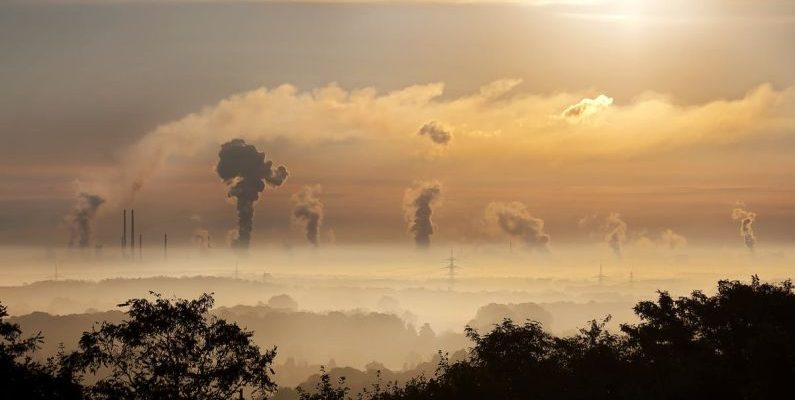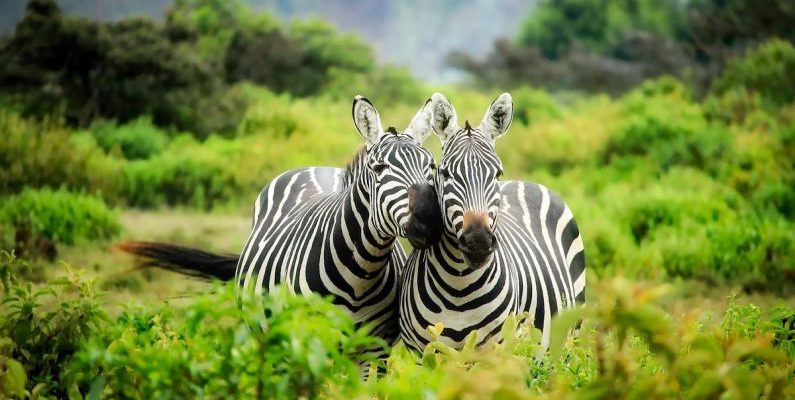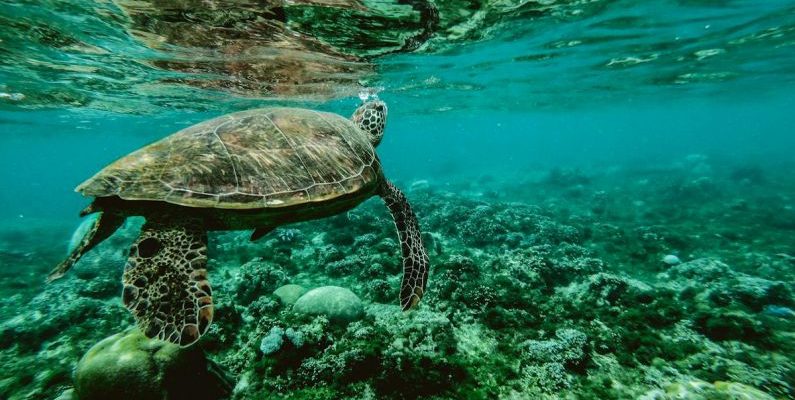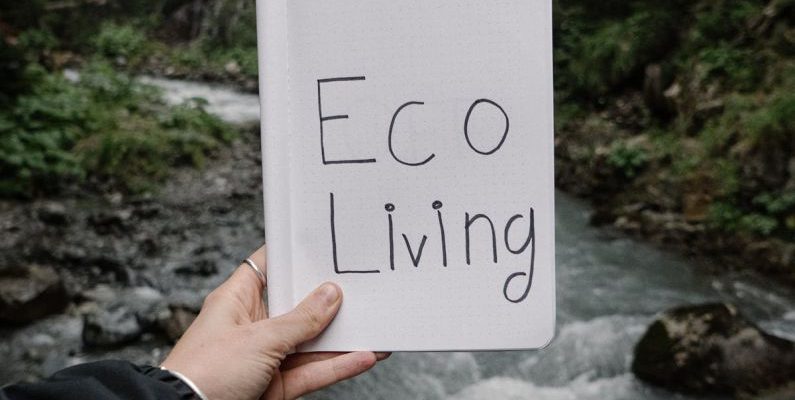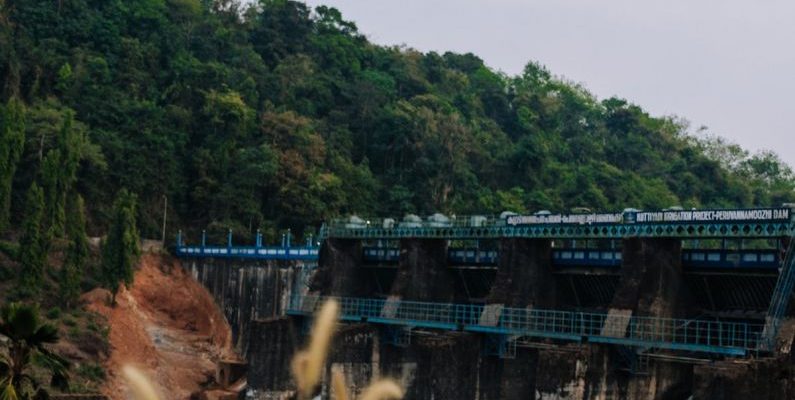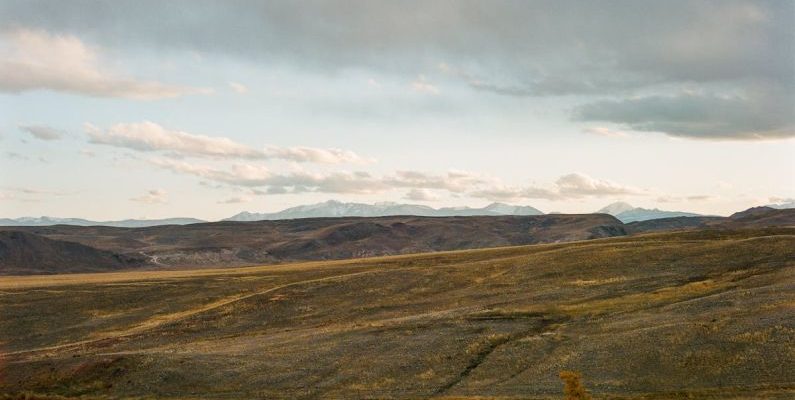As the global population continues to grow, so does the impact on the environment. One of the most significant contributors to environmental degradation is the carbon footprint left by human activities. From transportation to energy consumption, individuals play a crucial role in either exacerbating or mitigating this issue. In this article, we will explore practical ways in which individuals can reduce their carbon footprint and contribute to a more sustainable future. **Mindful Transportation Choices** Transportation is a major source of …
Environmental Ethics
Water is a precious resource that is essential for all life on Earth. With growing populations and increasing demands on water sources, it is crucial to adopt effective water conservation practices to ensure sustainability for future generations. By implementing simple yet impactful measures in our daily lives, we can all contribute to preserving this vital resource. Let's explore some of the most effective water conservation practices that individuals can adopt to make a difference. ### Be Mindful of Water Usage …
In today's rapidly changing world, the importance of conservation efforts cannot be overstated. As our planet faces various environmental challenges, including climate change, deforestation, and endangered species, it has become increasingly crucial for society to prioritize conservation in order to protect our natural resources and ensure a sustainable future for generations to come. Preserving Biodiversity One of the key reasons why conservation efforts are vital to society is the preservation of biodiversity. Biodiversity refers to the variety of life forms …
Oceans are a fundamental component of our planet, covering approximately 71% of the Earth's surface. Beyond their breathtaking beauty and vastness, oceans play a crucial role in regulating the Earth's climate. The interplay between the oceans and the atmosphere is a complex and dynamic system that helps to maintain the delicate balance of our planet's climate. In this article, we will explore the various ways in which oceans influence climate regulation. Oceanic Absorption of Carbon Dioxide One of the most …
Living sustainably in a consumer society can seem like a daunting task, especially with the constant bombardment of advertisements and societal pressures to constantly consume. However, it is essential for the health of our planet and future generations that we make conscious choices to reduce our environmental impact and live more sustainably. By making small changes in our daily lives, we can contribute to a more eco-friendly world and help combat issues like climate change and resource depletion. **Mindful Consumption** …
Urban Planning: A Key Tool in Reducing Environmental Impact Urban areas are rapidly expanding worldwide, with more people choosing to live in cities than ever before. While urbanization brings opportunities for economic growth and social development, it also poses significant challenges, particularly in terms of environmental impact. The way cities are planned and developed plays a crucial role in determining their environmental footprint. Can urban planning be the solution to reducing the environmental impact of cities? Let's delve into this …
In recent years, the demand for wildlife tourism has surged as people seek authentic and meaningful travel experiences. However, this growing interest in observing and interacting with wildlife has also raised concerns about the ethical implications of these activities. From elephant rides to swimming with dolphins, many wildlife tourism practices can be harmful to animals and their natural habitats. To ensure the well-being of wildlife and promote ethical tourism practices, it is crucial for travelers, tour operators, and governments to …
In an era where climate change is a pressing concern, the world is seeking sustainable solutions to reduce its carbon footprint. Renewable energies have emerged as a key player in this pursuit, offering a cleaner and more sustainable alternative to traditional fossil fuels. The question remains: Are renewable energies the key to a greener future? The Rise of Renewable Energies Renewable energies, such as solar, wind, hydroelectric, and geothermal power, harness natural resources that are constantly replenished. Unlike fossil fuels, …
Greenwashing is a deceptive practice that has gained traction in recent years as more and more consumers become environmentally conscious. It refers to when a company or organization presents a misleading impression of their products or practices as being environmentally friendly when, in reality, they are not. This marketing tactic is used to appeal to consumers who are looking to make sustainable choices but can be harmful as it misleads people into supporting companies that are not truly committed to …
Biodiversity is the intricate web of life that sustains our planet, encompassing the variety of species, ecosystems, and genetic diversity found on Earth. It is the foundation of life and plays a crucial role in maintaining the delicate balance of the natural world. Without biodiversity, human survival would be at risk, as it provides us with essential ecosystem services, food, medicine, and countless other benefits. In this article, we will explore why biodiversity is so vital to our existence and …
